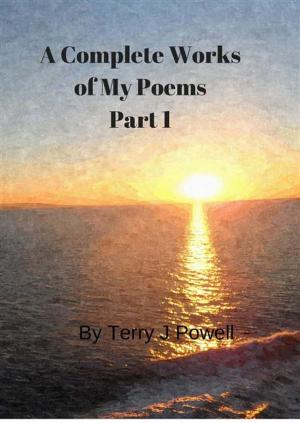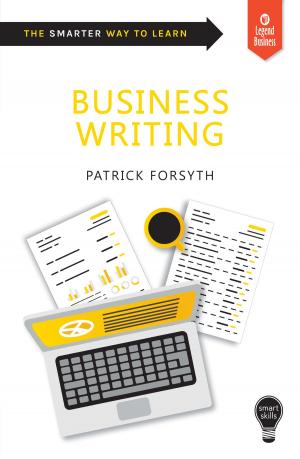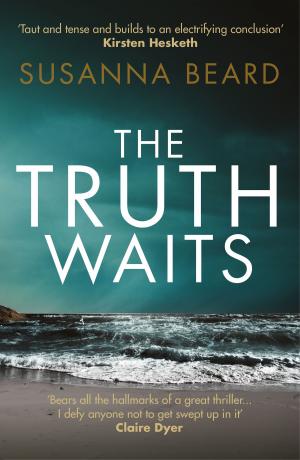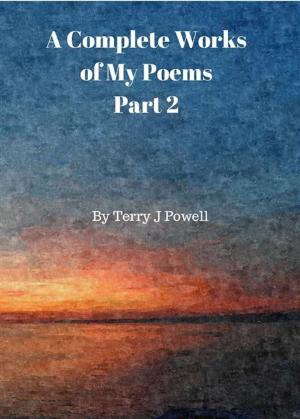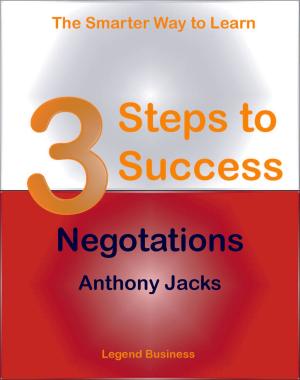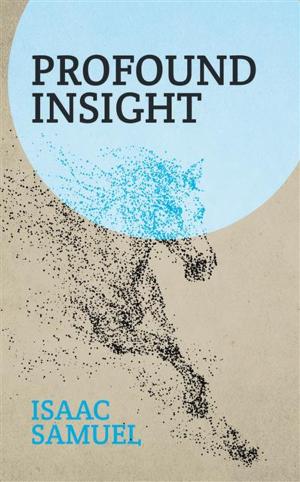| Author: | Brian Cranwell | ISBN: | 9781787193505 |
| Publisher: | Legend Press | Publication: | March 15, 2017 |
| Imprint: | New Generation Publishing | Language: | English |
| Author: | Brian Cranwell |
| ISBN: | 9781787193505 |
| Publisher: | Legend Press |
| Publication: | March 15, 2017 |
| Imprint: | New Generation Publishing |
| Language: | English |
On April 15 1989, 96 football supporters died and over 700 were injured in the Hillsborough Stadium disaster - one of the worst tragedies in football history. Brian Cranwell, a local vicar, was there overnight organising help and care for those seeking news of the injured and dying. While the verdicts of the Warrington Inquest jury have listed culpability of not just the police and ambulance services but also the Sheffield Wednesday club and other agencies, media and public discussion has focused almost entirely on the shortcomings of the police and the decision that the victims were unlawfully killed. The fact is that the tragedy would have come as no surprise to anyone involved. The Wednesday club Directors had failed to implement safety recommendations, on cost grounds, made after previous crushes that had left many people injured. The Football Association was aware that the ground had been refused clearance for international matches. The Inspectorate responsible for ground safety had not renewed the ground's safety certificate for 10 years. And the police and Social Services, despite previous similar events, had no major incident contingency plans. Although legislation was introduced 100 years earlier to ensure safety in theatres (following a fire killing 150 people in Bristol), it was not until 1975 that the Safety in Sports Grounds Act was set up for arenas that hold 20 or 30 times more people than theatres. The Hillsborough disaster never should have happened. But Brian Cranwell discusses examples of other institutions, many of whom have experienced major incidents resulting in death, yet who, as shown by the history of football clubs, believe "e;it could not happen here"e; or treat such incidents as a "e;one off"e;. He also points out that many other issues, from facilities for disabled fans to health and mental consequences of the use of the head in sports, indicate that the attitudes towards the welfare of fans and players (described by Sir Stanley Matthews as treating them as terrace fodder) is secondary in many wealthy clubs to maximising income.
On April 15 1989, 96 football supporters died and over 700 were injured in the Hillsborough Stadium disaster - one of the worst tragedies in football history. Brian Cranwell, a local vicar, was there overnight organising help and care for those seeking news of the injured and dying. While the verdicts of the Warrington Inquest jury have listed culpability of not just the police and ambulance services but also the Sheffield Wednesday club and other agencies, media and public discussion has focused almost entirely on the shortcomings of the police and the decision that the victims were unlawfully killed. The fact is that the tragedy would have come as no surprise to anyone involved. The Wednesday club Directors had failed to implement safety recommendations, on cost grounds, made after previous crushes that had left many people injured. The Football Association was aware that the ground had been refused clearance for international matches. The Inspectorate responsible for ground safety had not renewed the ground's safety certificate for 10 years. And the police and Social Services, despite previous similar events, had no major incident contingency plans. Although legislation was introduced 100 years earlier to ensure safety in theatres (following a fire killing 150 people in Bristol), it was not until 1975 that the Safety in Sports Grounds Act was set up for arenas that hold 20 or 30 times more people than theatres. The Hillsborough disaster never should have happened. But Brian Cranwell discusses examples of other institutions, many of whom have experienced major incidents resulting in death, yet who, as shown by the history of football clubs, believe "e;it could not happen here"e; or treat such incidents as a "e;one off"e;. He also points out that many other issues, from facilities for disabled fans to health and mental consequences of the use of the head in sports, indicate that the attitudes towards the welfare of fans and players (described by Sir Stanley Matthews as treating them as terrace fodder) is secondary in many wealthy clubs to maximising income.




